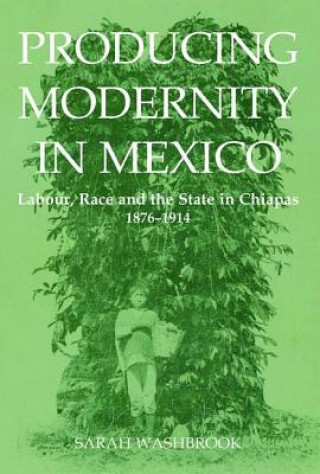
Kód: 02246587
Producing Modernity in Mexico
Autor Sarah Washbrook
Race, ethnicity and gender played an important role in the complex relationship between export agriculture, labour and state power in Chiapas during the regime of Porfirio Diaz (1876-1914). This case study of tropical plantation d ... celý popis
- Jazyk:
 Angličtina
Angličtina - Väzba: Pevná
- Počet strán: 400
Nakladateľ: Oxford University Press, 2012
- Viac informácií o knihe

Mohlo by sa vám tiež páčiť
-

Lizo's Song Amharic version
6.85 € -

Ready-to-Use Ornamental Initials
7.87 € -5 % -

Origins of Reasonable Doubt
33.04 € -10 % -

Evaluating of Ketamine, Tramadol, Paracetamol, and Xylazine Combination in Sheep Anesthesia
58.62 € -

Shadows Behind Her Smile
20.45 € -5 % -

Builder's Calculations
33.25 € -

Argentina's Parallel Currency
81.75 €
Darčekový poukaz: Radosť zaručená
- Darujte poukaz v ľubovoľnej hodnote, a my sa postaráme o zvyšok.
- Poukaz sa vzťahuje na všetky produkty v našej ponuke.
- Elektronický poukaz si vytlačíte z e-mailu a môžete ho ihneď darovať.
- Platnosť poukazu je 12 mesiacov od dátumu vystavenia.
Viac informácií o knihe Producing Modernity in Mexico
Nákupom získate 494 bodov
 Anotácia knihy
Anotácia knihy
Race, ethnicity and gender played an important role in the complex relationship between export agriculture, labour and state power in Chiapas during the regime of Porfirio Diaz (1876-1914). This case study of tropical plantation development and a major regional study of modern Mexico analyses the politics of state-building and the history of land tenure and rural labour in the state of Chiapas in the period leading up to the outbreak of Revolution in 1910. The book also contributes to the growing history of indigenous peoples in Latin America, examining the changing relationship between Indian groups and non-Indian governments and economic interests in Chiapas during the nineteenth century. In so doing, it addresses questions of tradition, modernity, national state-building, globalisation and the development of capitalism in Latin America. The book argues that colonial caste identities and relations were no impediments to modernisation. Instead, they were modified by liberalism, reinterpreted through the lenses of positivism and scientific racism, and managed through an increasingly centralised state apparatus. Indian communities emerge, then, not solely as oppressed and marginalised, but as an integral part of increasingly centralised state power and as institutions through which growing demands for labour and taxes could be made. Debt peonage, too, was upheld by the liberal state, sanctioned by the law as a natural everyday relationship, and buttressed by traditional patriarchy and gender relationships. Thus, in Chiapas the Porfirian regime recycled and redeployed pre-existing social and political relations, reinventing tradition to serve the purposes of modernisation and progress. Linked to the twin processes of export development and national state-building were racism, the spread of coercive debt peonage, the increasing politicisation of land tenure, camarilla politics, caciquismo and growing regional divisions, which contributed to rising levels of social and political conflict prior to the arrival of northern revolutionary troops in Chiapas in 1914.
 Parametre knihy
Parametre knihy
Zaradenie knihy Knihy po anglicky Society & social sciences Sociology & anthropology Anthropology
199.73 €
- Celý názov: Producing Modernity in Mexico
- Autor: Sarah Washbrook
- Jazyk:
 Angličtina
Angličtina - Väzba: Pevná
- Počet strán: 400
- EAN: 9780197264973
- ISBN: 0197264972
- ID: 02246587
- Nakladateľ: Oxford University Press
- Hmotnosť: 854 g
- Rozmery: 237 × 165 × 25 mm
- Dátum vydania: 26. January 2012
Obľúbené z iného súdka
-

Combatting Cult Mind Control
20.86 € -
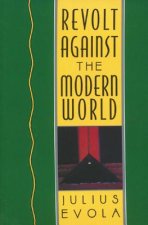
Revolt Against the Modern World
25.26 € -18 % -

Utopia Of Rules
17.18 € -19 % -

Continuum Concept
14.62 € -20 % -

Bones of Contention
52.58 € -

Exploration and Discovery - Treasures of the Yale Peabody Museum of Natural History
24.75 € -10 % -
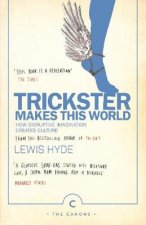
Trickster Makes This World
12.27 € -23 % -

Limits to Medicine
16.16 € -16 % -

Evolution of the Human Head
70.29 € -

Exercised
12.99 € -23 % -
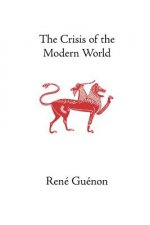
Crisis of the Modern World
17.79 € -

Kill All Normies - Online culture wars from 4chan and Tumblr to Trump and the alt-right
11.76 € -21 % -
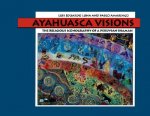
Ayahuasca Visions
33.25 € -18 % -
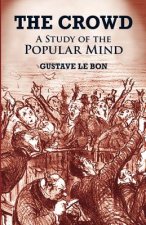
Crowd
10.73 € -19 % -

Human Diversity
38.05 € -
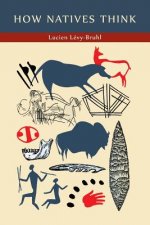
How Natives Think
22.19 € -

Our Origins
97.40 € -5 % -

Revealing Lateglacial Landscapes
45.52 € -

War, Peace, and Human Nature
87.58 € -

Homo Necans
52.58 € -

Natural History of Human Morality
27.92 € -

School and Society
9.92 € -3 % -

Watching the English
11.25 € -25 % -

Consider The Lobster
10.63 € -21 % -

Totem and Taboo
7.36 € -23 % -

Face and Mask
66.50 € -
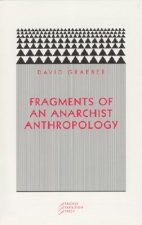
Fragments of an Anarchist Anthropology
13.19 € -7 % -

Catching Fire
12.88 € -24 % -

Why Is Sex Fun?
11.14 € -23 % -

Designs for the Pluriverse
35.60 € -

Society Against the State
24.24 € -3 % -

Nordic Theory of Everything
11.14 € -23 % -

Ritual
12.99 € -21 % -
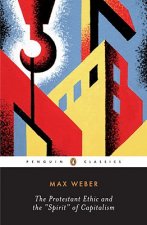
Protestant Ethic and Other Writings
16.57 € -23 % -

Five Roles of a Master Herder
16.98 € -16 % -

Human Story
14.42 € -23 % -

On Saudi Arabia
19.74 € -8 % -

Think Like an Anthropologist
12.27 € -23 % -

Small Places, Large Issues
25.88 € -9 % -

Great Paleolithic War
60.77 € -9 % -

Cambridge Encyclopedia of Human Evolution
83.38 € -10 % -

Sixty Million Frenchmen Can't Be Wrong
18.82 € -19 % -

Botany of Desire
16.57 € -23 % -

When Languages Die
36.83 € -

Alexander Dumas Dictionary Of Cuisine
80.52 € -

Stone Age Economics
23.22 € -4 % -

Possibilities
19.64 € -18 % -

Oxford Handbook of Language Evolution
57.80 € -

On Kings
32.22 €
Osobný odber Bratislava a 2642 dalších
Copyright ©2008-24 najlacnejsie-knihy.sk Všetky práva vyhradenéSúkromieCookies



 21 miliónov titulov
21 miliónov titulov Vrátenie do mesiaca
Vrátenie do mesiaca 02/210 210 99 (8-15.30h)
02/210 210 99 (8-15.30h)